Portugal's National Youth Plan
The National Youth Plan (PNJ) aims to integrate and secure the rights and needs of young people into national policy areas by collecting opinions from young people (through youth organisations and associations). In addition, it aims to ensure a collaborative framework of target policy areas. The competent authority for the PNJ is the Portuguese Institute for Youth and Sport (IPDJ). The areas included in the Plan are: Formal and Non-Formal Education; Employment; Health; Housing; Environment and Sustainable Development; Equality and Social Inclusion and Governance and Participation. Moreover, the target areas are divided on the basis of national governance sectors.
Institutions
Who was involved and how? Click on an institution to learn more.
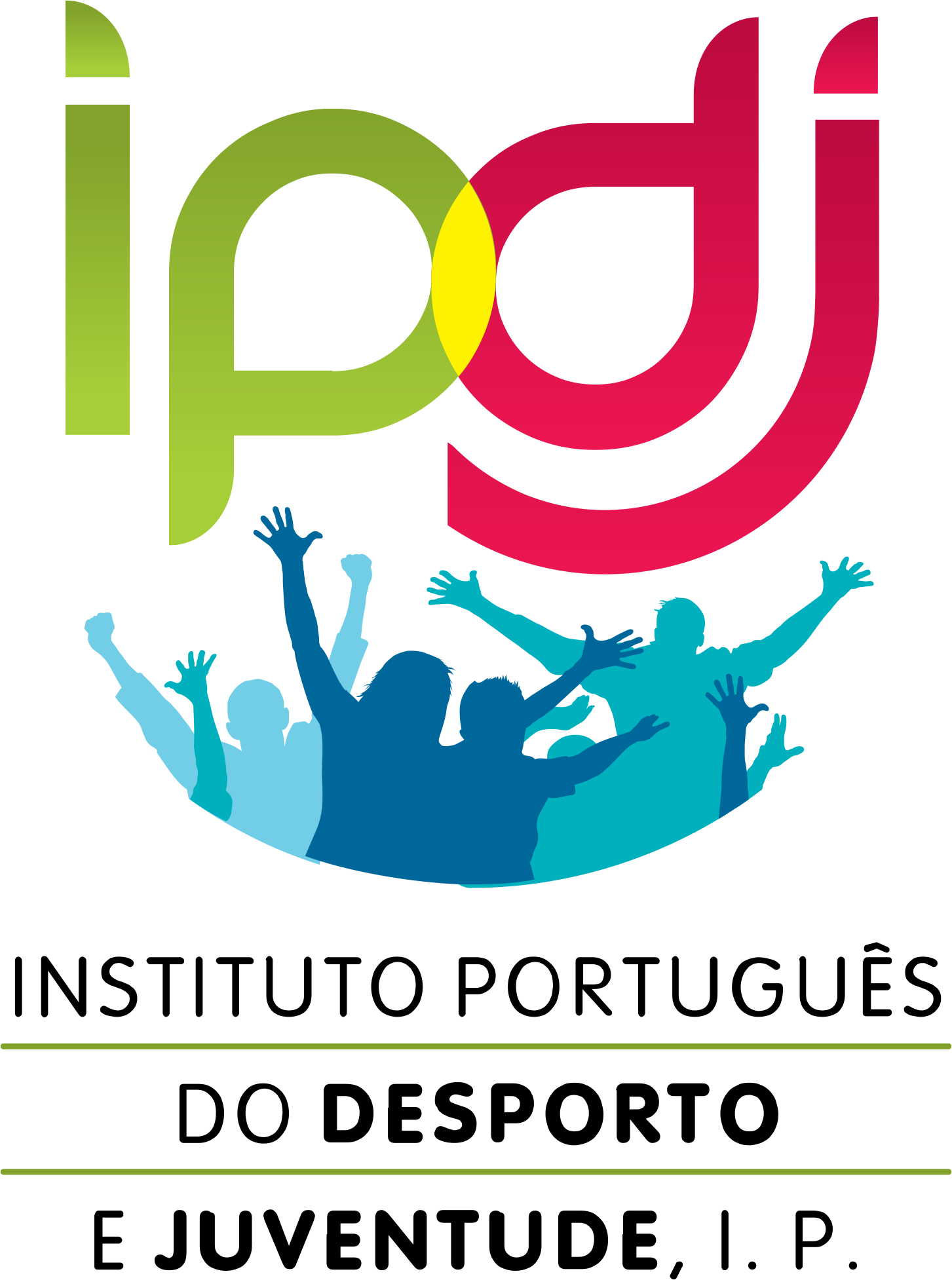
Portuguese Institute for Sports and Youth (IPDJ)
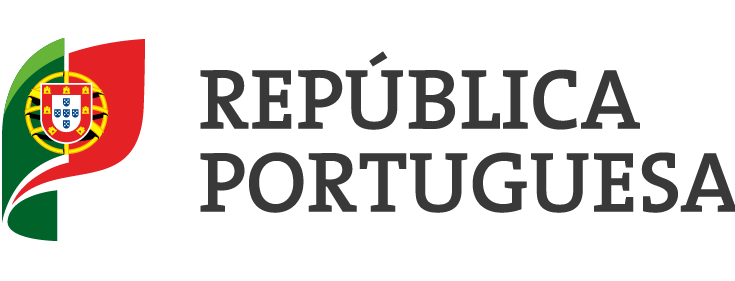
Youth Advisory Council (CCJ)
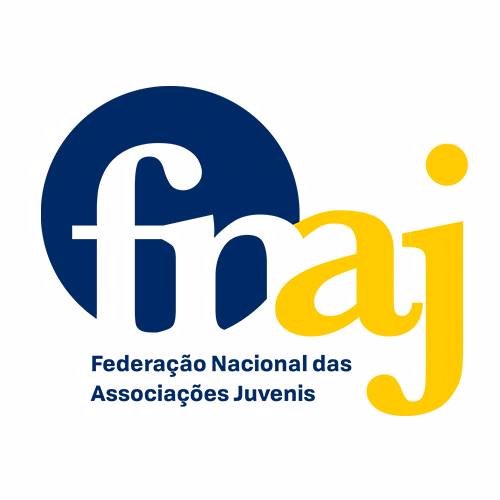
National Federation of Youth Associations (FNAJ)
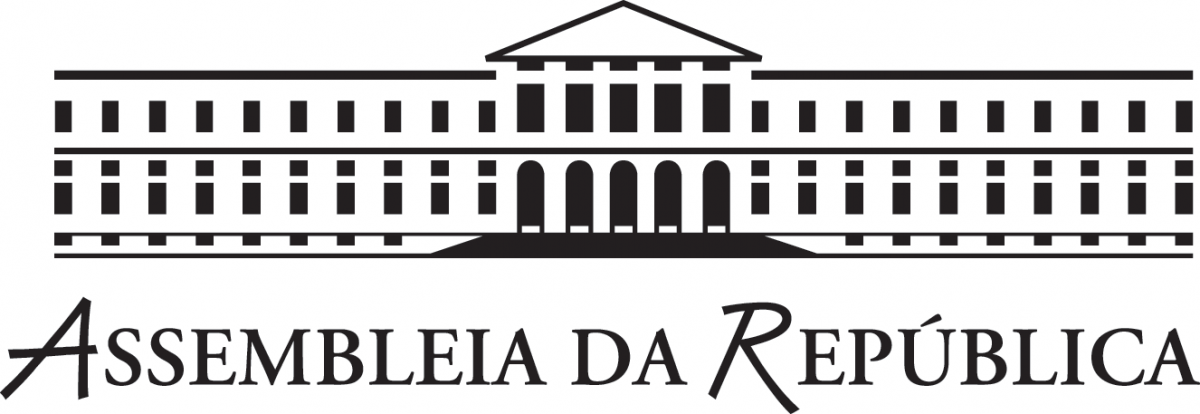
Committee on Culture, Communication, Youth and Sports
Timeline
01 Nov 2011
Collection of opinions from population and representative bodies
The collection of opinions takes place through an online platform managed by the IPDJ. The contributors are young individuals, youth associations and other interested parties.
01 Mar 2012
Regional workshops
During this period, workshops are held in each region are held to gather and analyse the views of focus groups.
01 May 2012
Presentation of conclusions
A national event is organised to present the results of regional workshops.
01 Jun 2012
Final report
The elaboration of the final report of the consultation cycle presents the results divided by 14 thematic areas. The report is published in the Youth White Book.
01 Mar 2013
Resolution of the Council of Ministers
In the Resolution of the Council of Ministers no. 11/2013, the strategic proposals in the 14 thematic areas resulting from the consultation cycle are accepted and the government includes consultations with young people's representative bodies in the strategy design.
01 Dec 2015
European Council Resolution
European Council Resolution on an EU Work Plan for Youth (2016-2018).
01 Oct 2017
National Youth Plan Forum
The forum takes place at the Lisbon Youth Centre and aims to collect young people's opinions and recommendations for a National Youth Plan
01 Nov 2017
Focus groups
Six focus groups participate in activities in a two-week long period in order to develop recommendations for the National Youth Plan. The groups include youth workers, young researchers, young leader and youth associations among others.
01 Dec 2017
Online questionnaire for young people
Questionnaire on youth policy areas elaborated by the IPDJ and made available for young people (15 to 30 years old) to express their opinions on a scale from 1 to 5.
01 Jan 2018
Youth questionnaire for Municipalities
The IPDJ elaborates and sends a questionnaire regarding youth policy areas to Municipalities in order to collect their point of view on their relevance locally.
01 Sep 2018
Adoption of the National Youth Plan
The Council of Ministers approves and adopts the National Youth Plan (PNJ) 2018-2021 with the Resolution No. A144/2018.
01 Jan 2019
Monitoring Report 2018
The monitoring report developed by the IPDJ presents the analysis of actions taken since the adoption of the PNJ and their status. The report is the result of the collaboration among all the governmental bodies involved in the youth sector.
01 Jan 2020
Monitoring Report 2019
The IPDJ publishes a report which monitors the political activities of the different ministries within the framework of the PNJ in the year 2019.
Youth Contribution

National Youth Council (CNJ)
A young individual can contribute to the PNJ conception by referring to the youth representatives. The Council advocates for young people rights and their participation in the policymaking and decision-making processes.
Learn more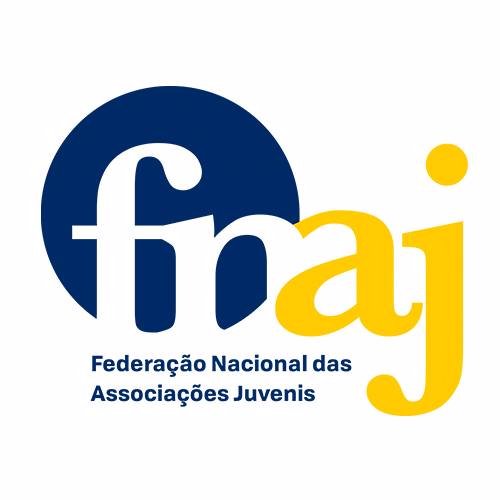
National Federation of Youth Associations (FNAJ)
FNAJ advocates for the interests of youth organisations by advancing proposals for activities and monitoring their implementation. The Federation has regional and local outreach and supervises funding for youth organisations.
Learn more